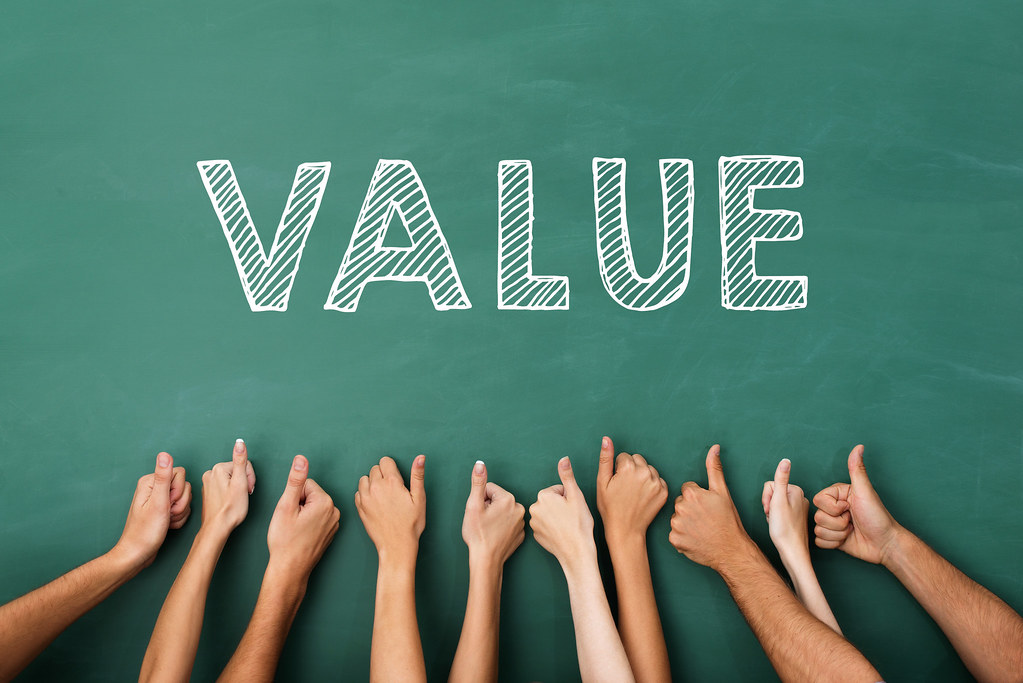#1 – Value Your Time by Getting Organised
This is the absolute first step you’ll want to take when it comes to valuing your time. Make sure you’re getting organized and seeing exactly how you’re spending that time. Then plan how you’re going to spend your time, and your energy in the future. Start by documenting how long you’re spending doing things on a daily basis. Then create a list of how you want to spend your time in the future. Write down your goals and your aspirations list out the things you love and then create daily to-do lists. You’ll notice how quickly you start having more time for doing the things you want to do.
#2 – Value Your Time by Creating Time Accountability Relating to Others
If you’re the sort of person who says yes to everything, or you’re able to reply to messages, Tweets, and texts instantly, this shows others that your time is theirs and you’ll always be available and that you’re not really doing anything for yourself. However, by saying no to certain things, by answering messages and replying to emails during set hours of your day, you make your time much more exclusive.

This has numerous benefits, including spending more time doing what you love, as well as making the time you spend with others far more valuable and worthwhile.
“If others are willing to be late for meetings or dinner dates, whether socially or from a professional perspective, make sure you’re letting them know this is unacceptable and simply not how you live life. You’ll also notice people will show you a lot more respect for doing this” explains David Smith, a personal development specialist for AcademicBrits.
#3 – Value Your Time by Committing Time to Your Health
Your level of health will depend on how much energy you have to spend on doing other intentional things in your life and is the baseline to what you’ll be able to achieve. This means you need to make sure you’re spending time on making sure your health is optimal.

#4 – Value Your Time by Spending Time Reflecting and Analysing
While it’s good to think about the future and plan ahead, it’s equally, if not more, important to spend time reflecting on your past. That’s not to say you should dwell on your past, but more-so reflect on how effective you’ve been recently, and whether you could make improvements in the future. This is a great way to make sure you’re spending your time wisely and actually taking the path you want to take. Evaluate yourself and your processes to make sure you’re providing yourself with the optimal amount of value possible.












Replies to This Discussion